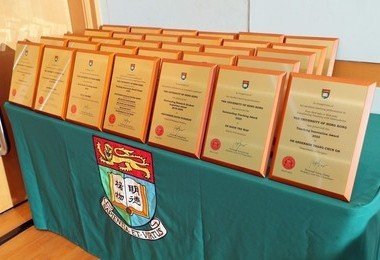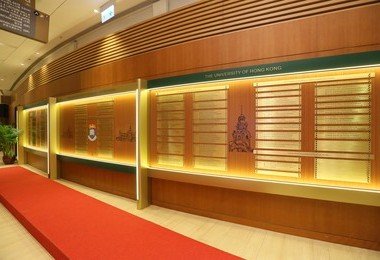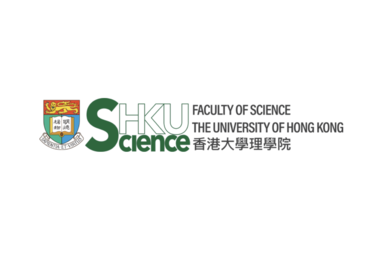KE Spotlight
Filter
-

Workshop on Hong Kong Oyster Hatchery Disign and Operation
Cultivation of Hong Kong (HK) oyster species (Crassostrea hongkongensis) in estuarine areas of Southern China contributes to a quarter of global edible oyster production. HK oysters are a protein and micronutrient rich seafood, mainly consumed by rising middle-class popu-lations. Hence, sustained expansion of this sector is essential for seafood security. However, this sector faces challenges due to the declining estuarine habitats due reclamation and worsening environmental quality due to pollution - these human impacts not only directly affecting quality of oysters produced in these areas but also seriously affecting wild seed production and collection. The collected few wild seeds also experience mass mortality and their performance often unpredictable.
Read More -

2022 Virtual Asia-Pacific 3MT competition
HKU has registered to participate in the 2022 Virtual Asia-Pacific 3MT competition. The competition draws over 55 universities across Australia, New Zealand, Singapore, Japan and Hong Kong registered to participate this year.
Read More -

Faculty Knowledge Exchange Awards 2021
The annual Faculty Knowledge Exchange (KE) Awards recognise each Faculty’s outstanding KE accomplishment that has made demonstrable economic, social or cultural impacts to benefit the community, business/industry, or partner organisations. Results of the 2021 Faculty KE Awards are now available.
Read More -

KE Excellence Award, HKU Innovator Award and HKU Young Innovator Award
The university-level KE Excellence Award was introduced in 2015-16 to recognise the significant impact that our academic staff had made to benefit society. The KE Excellence Award 2020 was awarded to Dr Caroline Dingle, Dr David Baker, Dr Timothy Bonebrake, and Professor David Dudgeon of the Faculty of Science.
The new HKU Innovator Award and the HKU Young Innovator Award have been established to recognise outstanding Faculty members whose innovations demonstrate exceptionally high potential impact (legacy or projected legacy) with transformative results to foster development. The new HKU Innovator Award and the HKU Young Innovator Award were awarded to Professor Chuyang Tang and Dr Ka Wai Kwok of the Faculty of Engineering respectively.
Read More -

HKU startup “Hollo” – a mental health companion and therapist
“Hollo”, a social technology startup by a group of students from HKU Faculty of Science, provides a platform for NGOs and therapists to advance therapy practices using technology such as Big Data and AI. By improving the diagnosis and treatment delivery with proprietary technology and detection algorithms, the platform allows patients to spend less time in the system and keep professionals more informed. The team will further enhance the accuracy rate and is working with local NGOs for a pilot scheme targeting 100 to 200 people. They hope the App can be formally launched in September 2020.
Read More -

Three HKU academics receive Croucher Innovation and Senior Research Fellowship Awards
Three HKU academics have been presented with Innovation and Senior Research Fellowship Awards by the Croucher Foundation. Dr Yufeng Wang, Assistant Professor of the Department of Chemistry who received the Croucher Innovation Award 2019, studies how to put together colloidal nanoparticles to form 1D to 3D superstructures for emerging applications such as photonics, drug delivery and micro-machinery. Professor Anderson Shum, Professor of the Department of Mechanical Engineering, and Professor Wang Yao, Chair Professor of Department of Physics, received the Croucher Senior Research Fellowships 2020.
Read More -
Faculty Knowledge Exchange Awards 2019
The annual Faculty Knowledge Exchange (KE) Awards recognise each Faculty’s outstanding KE accomplishment that has made demonstrable economic, social or cultural impacts to benefit the community, business/industry, or partner organisations. Results of the 2019 Faculty KE Awards are now available.
Read More

